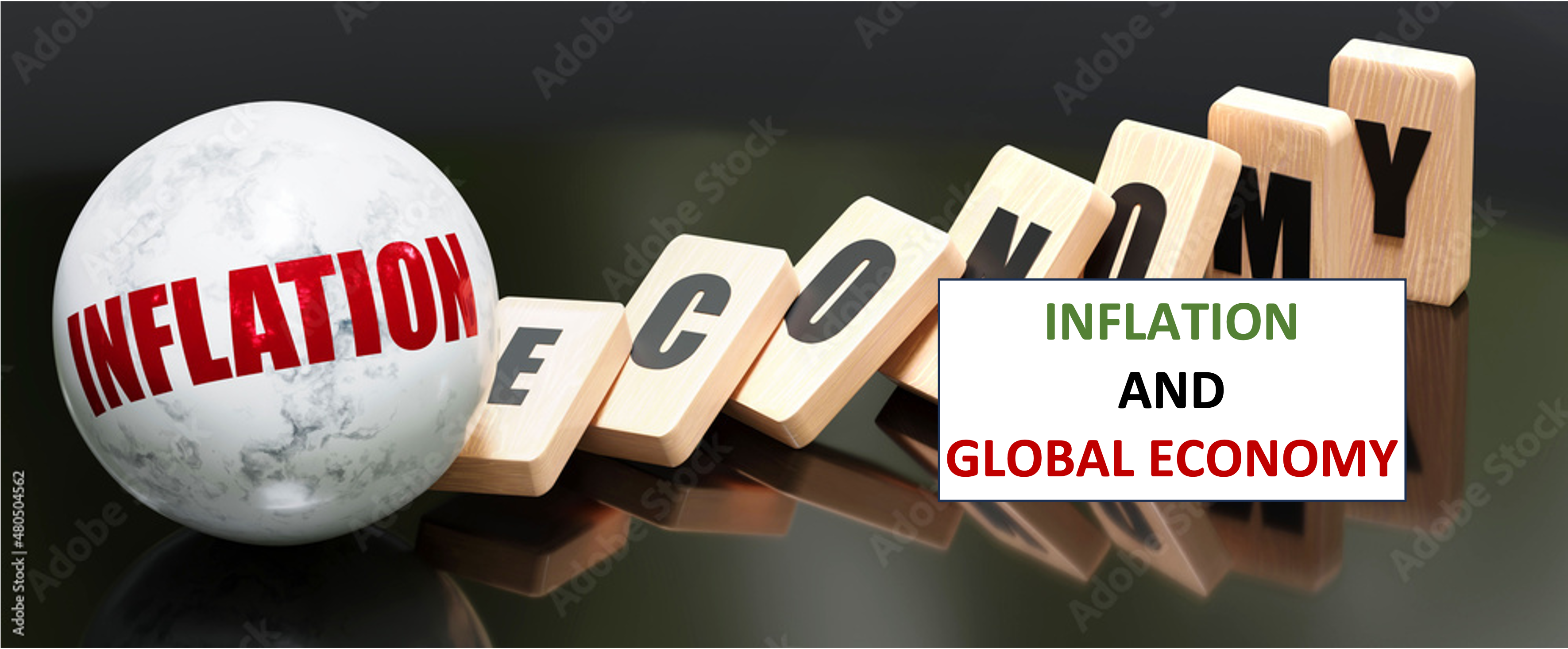

Inflation: Effect of Inflation on global economy
Despite the surprising effects of inflation we discussed in the previous Founder’s Thoughts, exploring the effects of inflation on the global economy is incredibly thought-provoking. Since the United States is the leading financial player in the world, any event in its economy should be observed and prepared for by the world. This interaction is what we will explore in today’s Founder’s Thought.
Trade and Commodities
As mentioned in previous Founder’s Thoughts, inflation’s cost increase often leads to an increase in the selling price. Thus, U.S. inflation will increase the selling price of U.S. exports, making them less competitive in international markets. Thus, the dollar inflation reduces the United States absolute advantage and opens up the international markets for other countries, especially emerging ones. Thus, countries that rely on U.S. exports for some other supply chains will experience the effects of U.S. inflation. Similarly, countries that heavily rely on global commodities, primarily priced in U.S. dollars will become more expensive because of U.S. inflation and will be placed in a difficult financial position as their import necessities increase.
Foreign Exchange
Initially, when the U.S. inflation rate surpasses that of other countries, there's an expectation of some financial relief as countries anticipate their dollar-denominated debt becoming easier to repay. However, as the Federal Reserve system hikes interest rates to combat inflation (a concept we've explored in the Founder’s Thought, titled “Inflation: Effect of Inflation on Interest Rates”), foreign investment flows into the United States to capitalize on the high returns of U.S. assets. This influx of foreign investment can lead to inflationary pressures in foreign countries, potentially resulting in the depreciation of their currencies. The increased demand for U.S. Dollars to invest in high-return U.S. assets, particularly bonds, lead to a decrease in the demand for foreign currencies.
Conclusion
Overall, it is clear that the negative impacts of U.S. inflation do not stop within the United States and can have incredibly harmful effects on the global economy. A large reason why the changes in the U.S. monetary policy as well as its inflation have such a prominent impact on the global economy is because of the role of the U.S. dollar in the world economy, something we will explore in future Founder’s Thoughts.